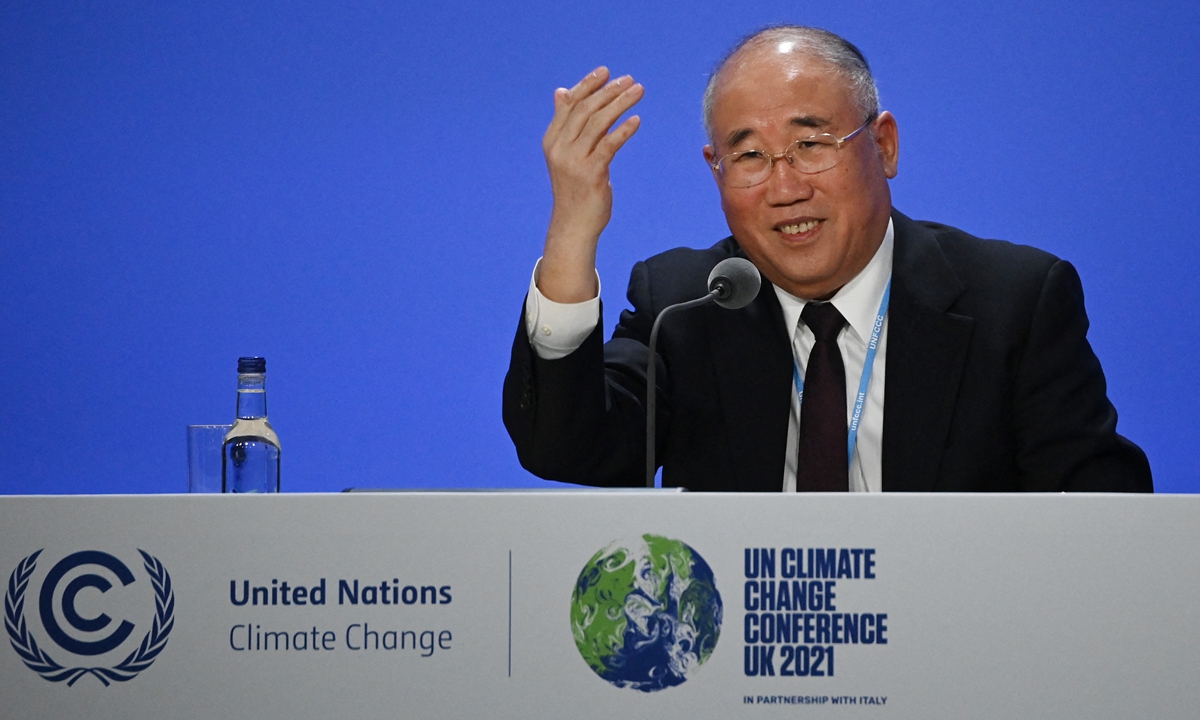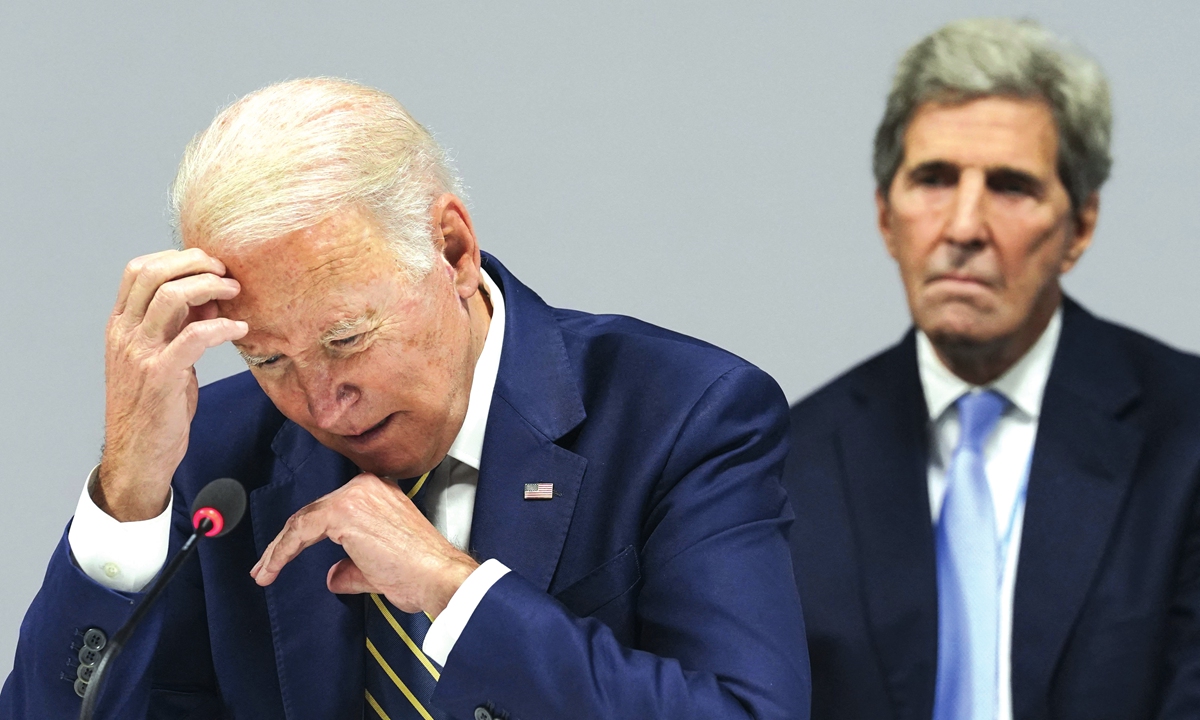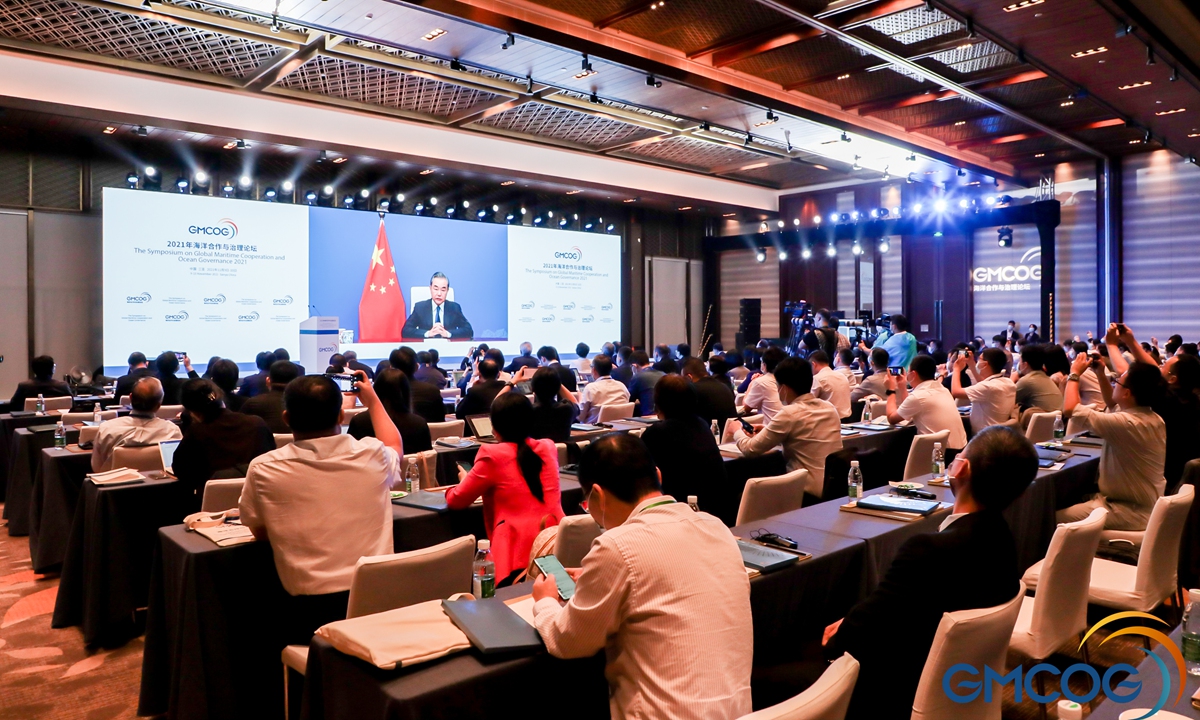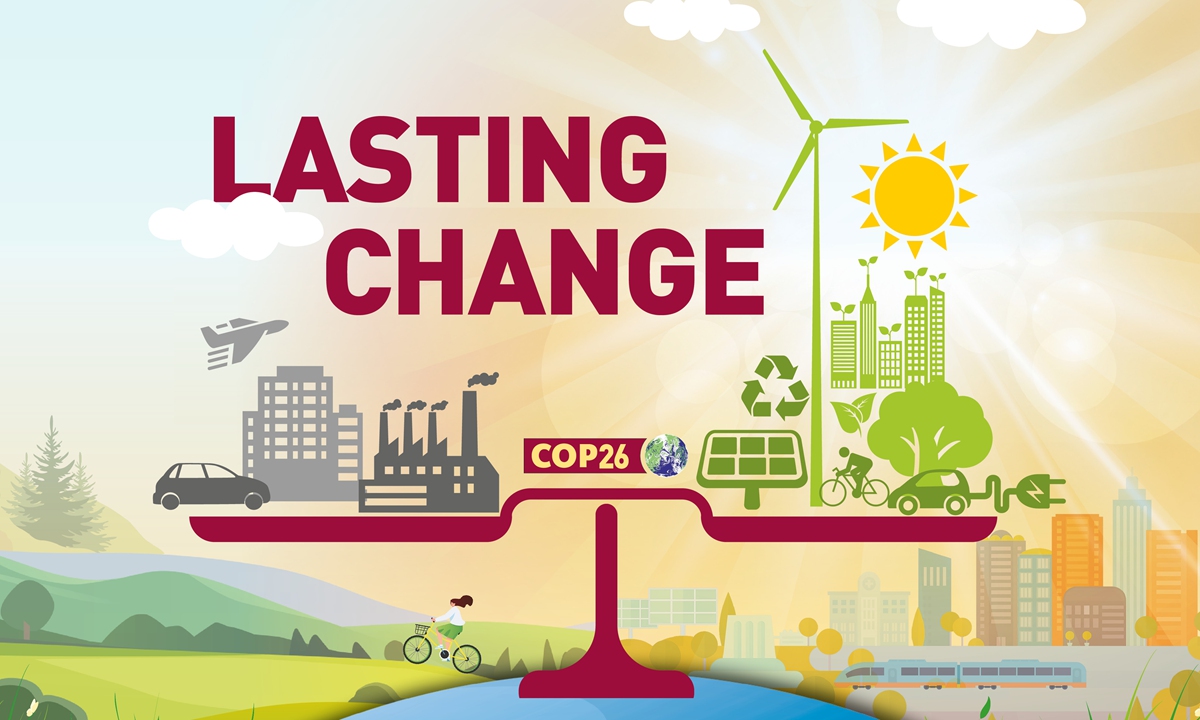Weather watch: MetMalaysia staff monitoring a weather forecast display. — AZMAN GHANI /The Star
PETALING JAYA: The heavy rains and deadly Sabah floods and landslides have already claimed 13 lives.
But meteorologists warn that this could only mark the start of a more dangerous monsoon season.
There is likely to be worse weather ahead as Malaysia transitions from the southwest to the northeast monsoon.
“Thunderstorms and heavy rains are on the horizon in October.
“From mid-November, the northeast monsoon will bring continuous rainfall, affecting the east coast of the peninsula, Sabah and Sarawak,” Malaysian Meteorological Department (MetMalaysia) director-general Dr Mohd Hisham Mohd Anip says.
He noted that these weather patterns will particularly affect the western and inland regions of the peninsula, as well as western and central Sarawak and western Sabah, with the most intense activity occurring in the afternoons and early evenings.
Hisham warned that low-lying and riverbank areas could see flash floods.
“Climate change is causing more frequent and extreme weather events, including heavier rainfall and severe thunderstorms accompanied by hailstorms and tornadoes.
“It’s essential to understand our climate patterns and plan travel to avoid high-risk areas during adverse weather,” he said.
Climatologists anticipate wetter and more extreme weather in the coming months due to climate change and the La Nina phenomenon.
Dr Fredolin Tangang of the Academy of Sciences Malaysia highlighted a report from the US Climate Prediction Centre, which predicts a more than 70% chance of Pacific Ocean cooling between October and December.
“This will lead to high atmospheric moisture during the northeast monsoon starting mid-November, increasing the likelihood of extreme weather,” he said.
Tangang noted that global warming exacerbates these conditions by increasing the atmosphere’s moisture capacity, causing more and heavier rain.
He warned that the La Nina effect, combined with global warming, is likely to persist, heightening the risk of extreme rainfall, floods and landslides in Malaysia, particularly in Sabah and Sarawak.
“Proper maintenance of drainage systems is crucial to manage the increased rainfall,” he added
Meteorologist Prof Datuk Dr Azizan Abu Samah also predicted heavier rainfall due to La Nina.
“Although currently in an ENSO-neutral state, forecasts indicate a weak La Nina this winter, suggesting above-average rain during the northeast monsoon,” he said.
The inter-monsoon transition is expected around October to November as the southwest monsoon weakens.
Azizan said the recent heavy rainfall in Sabah was due to a westerly southwest wind and the Madden-Julian Oscillation (MJO) interacting with a cyclonic low pressure north of the Philippines.
“The wet phase of the MJO should end by this weekend, providing relief to Sabah and Sarawak,” he said.
The National Disaster Management Agency (Nadma) reported the end of the southwest monsoon, which began on May 10, has caused some areas to see daily rainfall of over 80mm.
Eastern Sabah is likely to see more thunderstorms and heavy rain, at least until Sept 22.
Squall lines capable of producing severe weather are also expected in western Peninsular Malaysia, western Sabah, and northern Sarawak during early mornings, with thunderstorms likely in other regions during afternoons and evenings.
Nadma director-general Datuk Abdul Halim Hamzah said that the agency was fully prepared, especially after the minor earthquake in Segamat, Johor, and the heavy rains in Sabah.









 China's Special Envoy for Climate Change, Xie Zhenhua speaks during a joint China and US statement on a declaration enhancing climate action during the COP26 climate change conference in Glasgow on November 10. Photo: AFP
China's Special Envoy for Climate Change, Xie Zhenhua speaks during a joint China and US statement on a declaration enhancing climate action during the COP26 climate change conference in Glasgow on November 10. Photo: AFP








